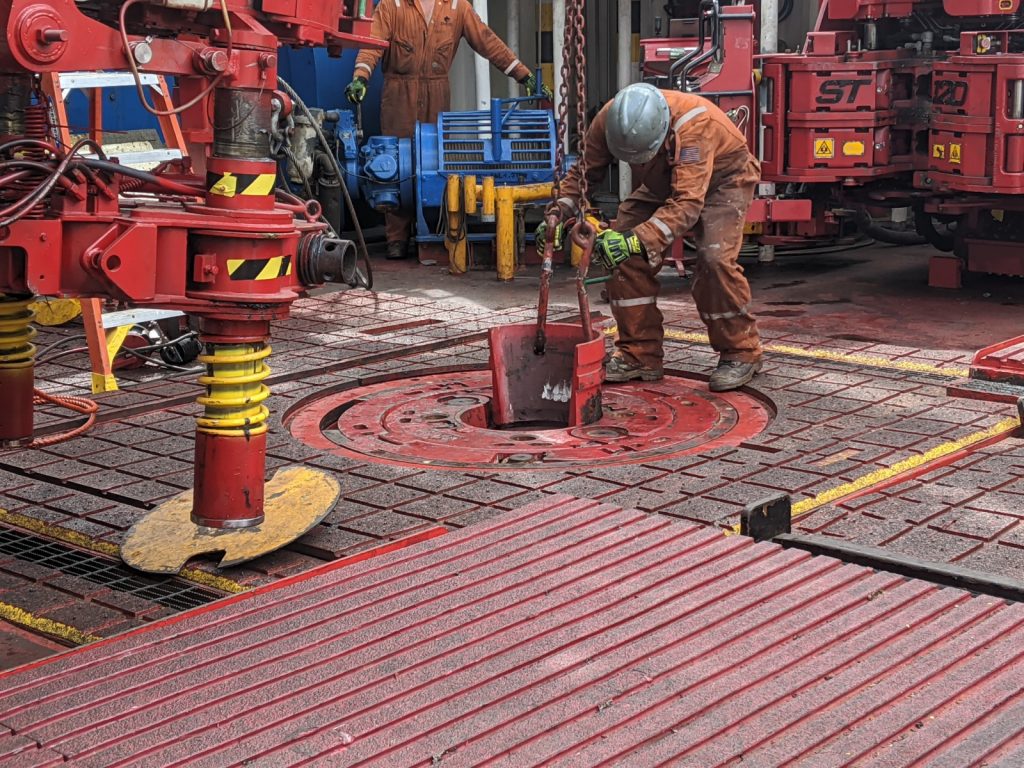The interface between complex work environments and humans requires careful consideration. There are always opportunities for improvement and Human and Organisational Performance (HOP) principles help to improve the way an organisation approaches work activities and operational performance. The five principles include:
- People make mistakes – To be human is to make mistakes, when we accept this, we can learn from and anticipate these mistakes to create a work environment tolerant of human error.
- Blame fixes nothing – Blaming individuals or teams for mistakes is a natural response (a common human error), however it impedes learning and can have a negative impact on organisational culture and operational performance.
- Context drives behaviour – Decisions are usually rational within the local context (it made sense at the time), when an organisation is curious rather than judgemental about these decisions it can learn and adjust the work conditions to prevent the same, or similar, error from recurring.
- Learning is vital – Learning from normal work can be just as, if not more, useful as learning from incidents. Working directly with teams and taking a curious approach to successful deviations from work processes (likely in most cases innovations) an organisation can tap into the existing capability and expertise which exists within the workforce.
- Response matters – The common knee-jerk reaction to incidents can create an environment which is not conducive to open and learning conversations. Instead, if leaders can respond with the first four principles in mind the response will likely be more measured and create a comfortable setting to discuss, learn and develop solutions. It also facilitates long term trust and relationships within the organisation.
(Credit – The Five Principles of Human Performance: Todd Conklin)

